Tag: publications
-
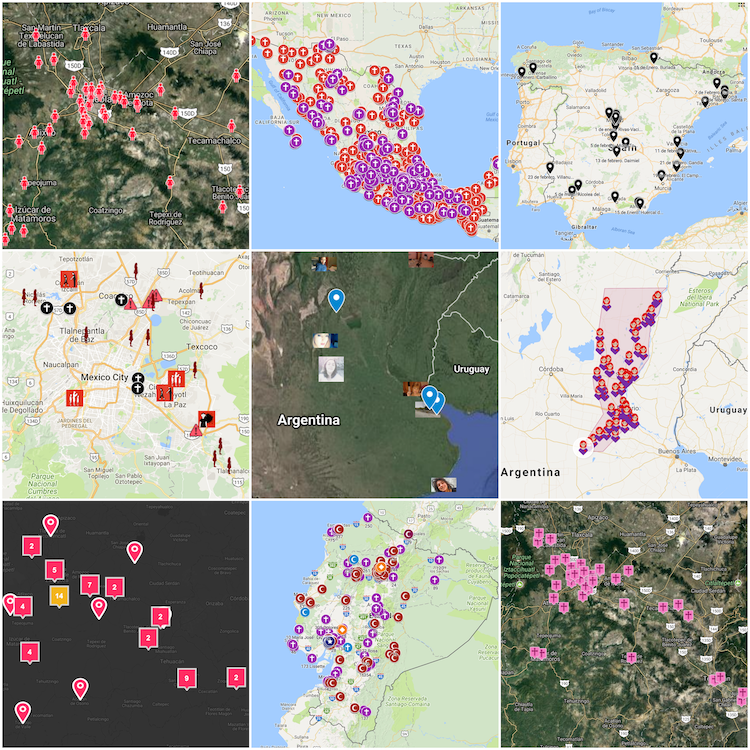
Affect Amplifiers: Feminist Activists and Digital Cartographies of Feminicide (Suárez Val, 2021)
Feminicide, the gender-related violent deaths of women, is the tip of the iceberg in a continuum of violence that is “terrorizing women” in the Americas (Fregoso and Bejarano 2010)1 . As well as street protests, performances, hashtag campaigns and many other online and offline actions, feminist activists across Latin America have been denouncing feminicide by…
-
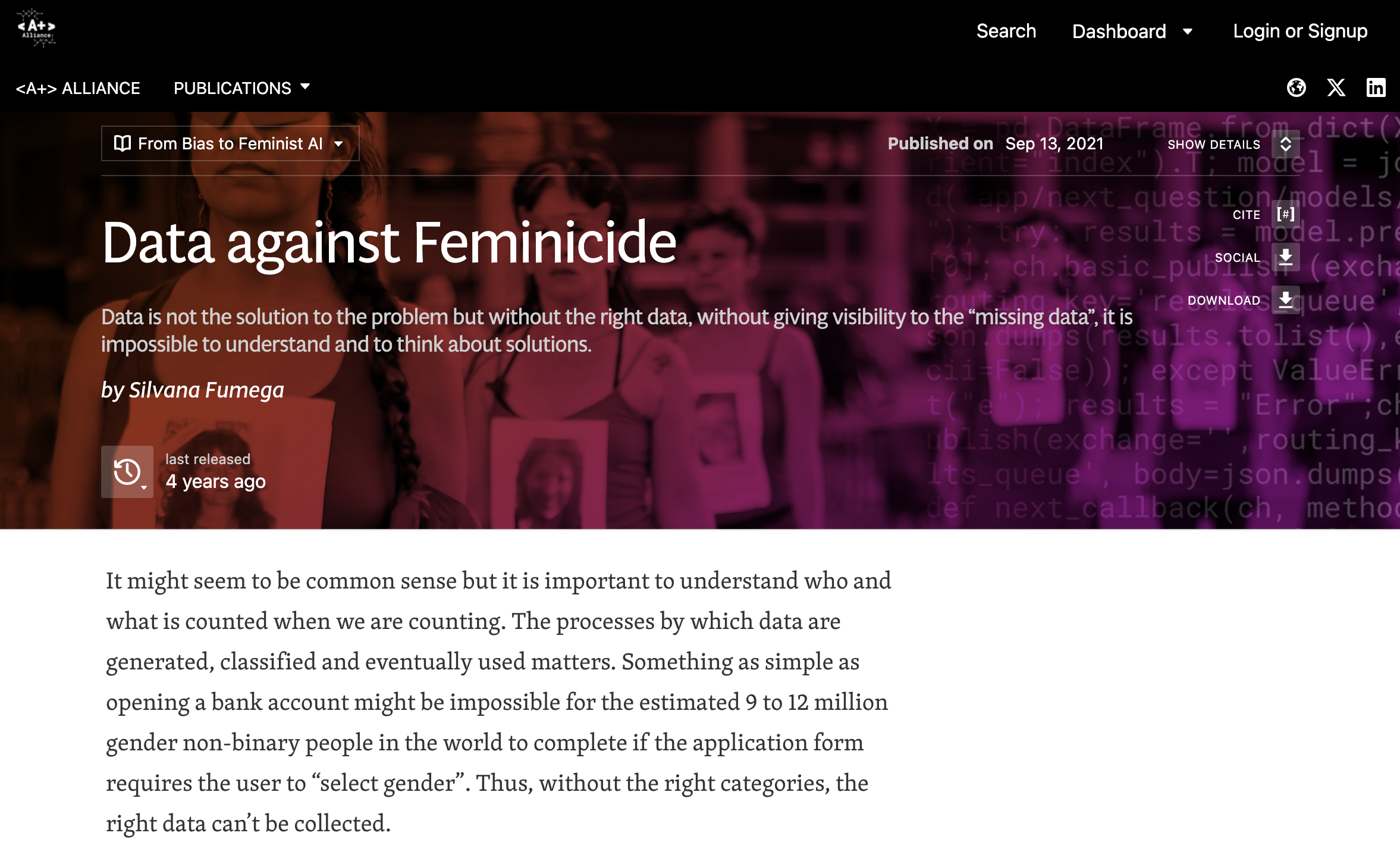
Data against Feminicide (Fumega, 2021)
Data is not the solution to the problem but without the right data, without giving visibility to the “missing data”, it is impossible to understand and to think about solutions. Fumega, S. (2021). Data against Feminicide. Feminist AI. https://feministai.pubpub.org/pub/data-against-feminicide/release/1 Enlace externo
-
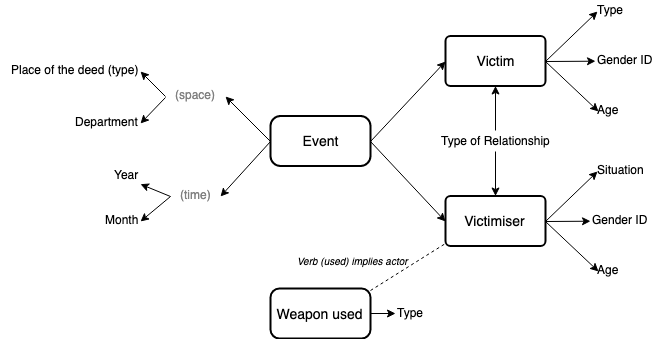
Data Frames of Feminicide (Suárez Val, 2021)
Feminicide (or femicide) is a feminist category that designates –and denouncesthe gender-related violent deaths of women, adolescents, and girls, especially murders. Especially in Latin America, the category has provided a frame for feminist activists, and most recently governments, to gather data about feminicide. This work seeks to understand the implications of how feminicide data are…
-

-
Discordant data. Public information about femicide in Uruguay (Suárez Val, 2020)
Accessing official data on cases of femicide is not an easy task in Uruguay, and when accessed, there are discordant data. This issue has serious repercussions, both for the awareness of the population and for the design of public policies and the actions of civil society in the face of the phenomenon. This paper examines…
-

Tracking Latin America’s Other Pandemic: Violence Against Women (Fumega, 2020)
Better data on gender-based violence is needed now more than ever. Fumega, S. (2020, abril 13). Tracking Latin America’s Other Pandemic: Violence Against Women. Americas Quarterly. https://www.americasquarterly.org/article/tracking-latin-americas-other-pandemic-violence-against-women/ Enlace externo
-
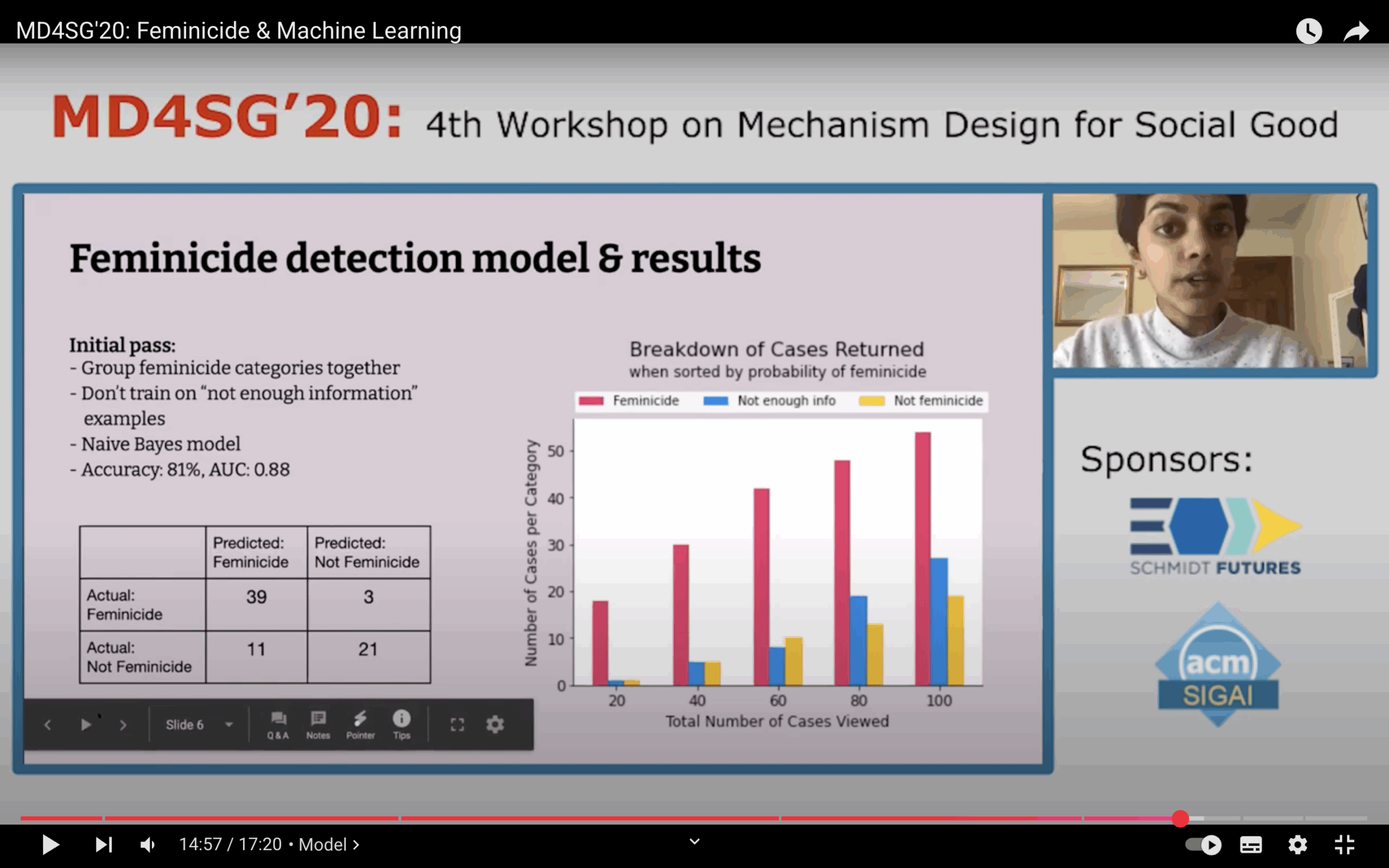
Feminicide & Machine learning: Detecting Gender-based Violence to Strengthen Civil Sector Activism (D’Ignazio et al, 2020)
Gender-related violence against women and its lethal outcome, feminicide, are a serious problem in Latin America and the Caribbean (LAC), as they are in the rest of the world. Although governments have passed legislation criminalizing feminicide, these laws have not been accompanied by relevant policy nor by robust data collection that measures the scope and…
-
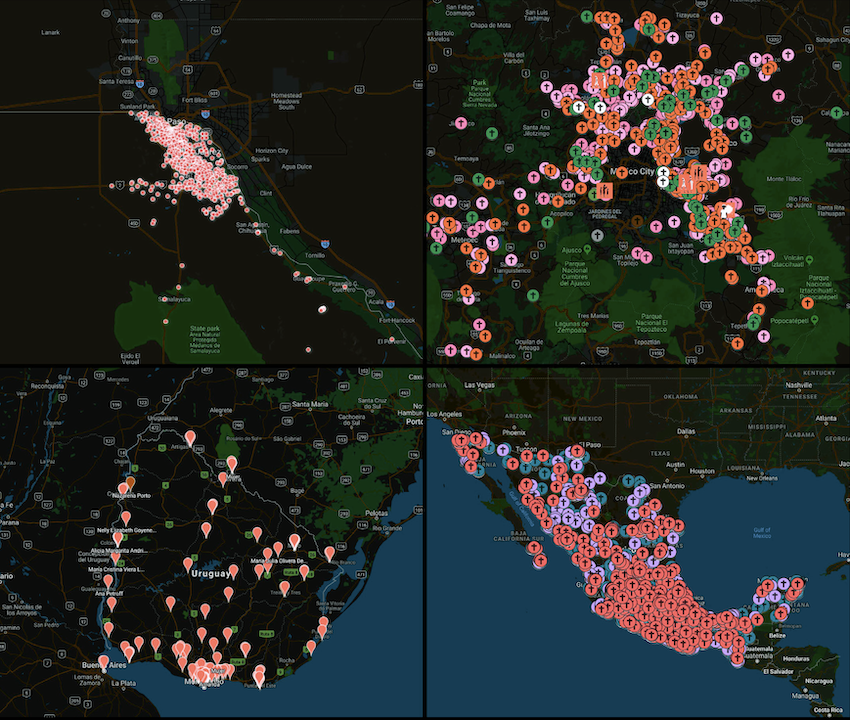
Monitoring, recording, and mapping feminicide – experiences from Mexico and Uruguay (Madrigal et al, 2019)
In this article, four researchers and activists – mappers of feminicide in Ciudad Juarez, the State of Mexico, Mexico, and Uruguay – present, in our own voices, our diverse personal and embodied experiences of monitoring, recording, and mapping cases of feminicide. Our objective is to reflect on the practices of creating these imperfect tools of…
-
Open data, gender and violence in Latin America (Fumega, 2019)
This article focuses on the project entitled Estandarización de datos de femicidios (Standardisation of Data on Femicide). Firstly, we contextualise the current status of open data in Latin America. We then explain our hypothesis of how standardising data could help us improve data quality and, lastly, we reflect on our study. Standardisation (and the eventual…
-
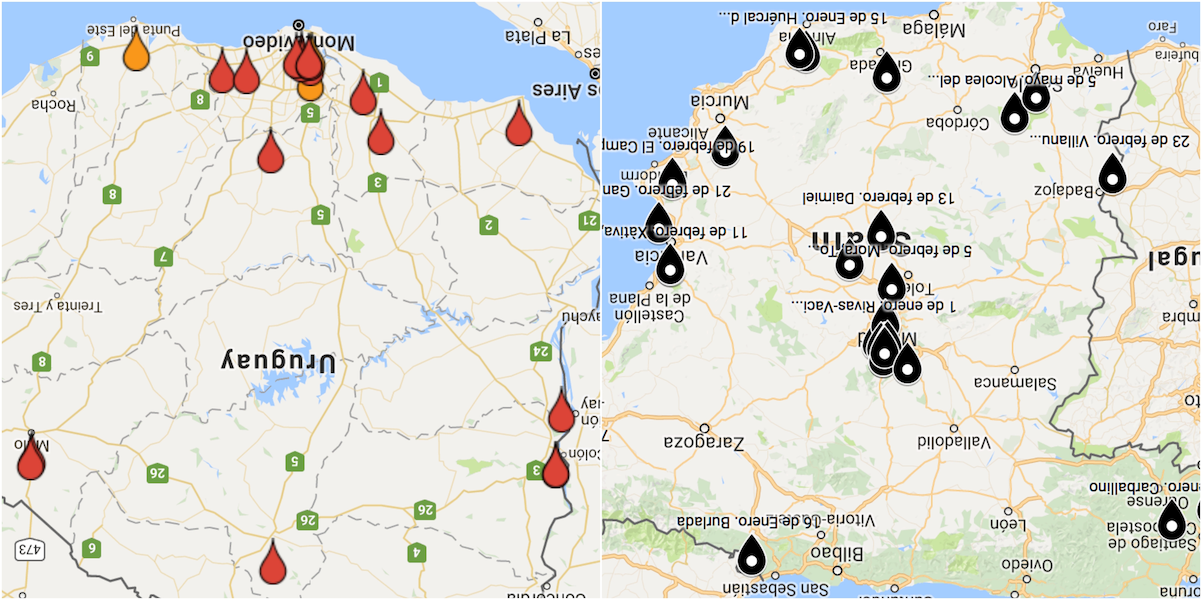
Vibrant Maps (Suárez Val, 2018)
In recent years, feminist activists in various Latin American countries have been creating digital maps of feminicide —the gender-related violent deaths of women. The intersection of activism and mapping has been explored by scholars and activists who have addressed the performative, participatory and political nature of mapping, and by feminist scholars who have analysed and…
